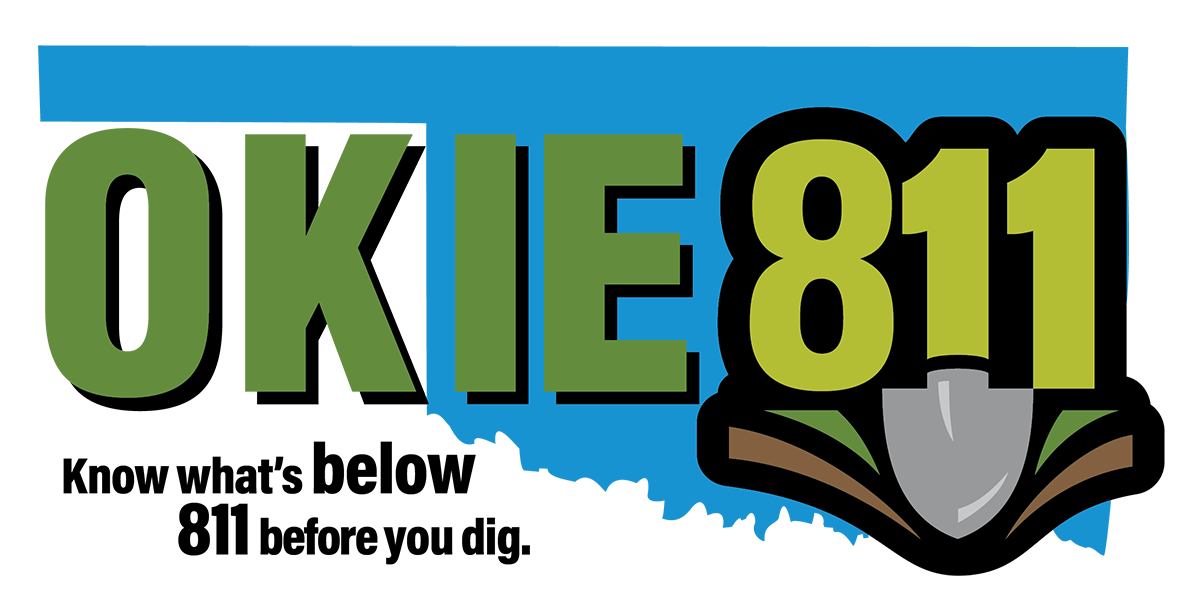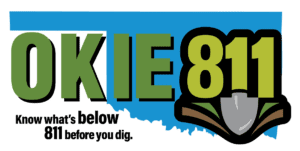
The OPAL Difference
OPAL doesn’t request that responders and officials meet only at our convenience – we also make it convenient for them by scheduling our meetings on a mutually agreed upon day and time.
To better serve our emergency responders and public officials, OPAL members attend industry conferences, trainings, and meetings and will meet with agencies on-site at their request. This also means that our members do not have to travel to events more than a handful of times per year, which is great news for members that prefer to travel periodically as opposed to three months every year.
We sponsor OSUFST mobile Flammable Liquids and Gas courses (with live burn exercises!) so firefighters around the state have access to pipeline safety and hazardous materials training for free.
Successfully engaging with Oklahoma emergency responders and public officials shouldn’t just happen three months out of the year, it should be ongoing and that’s why OPAL members attend events throughout the year. And, because we meet monthly, we have the flexibility to alter our outreach based on agency feedback and member needs.
Member Engagement
Operator participation is the foundation of the OPAL program and as a member-driven organization, we get to decide where to focus our efforts and how we utilize our funds. Members are encouraged to attend six monthly meetings and participate in one event per calendar year.
OPAL members meet virtually every second Thursday of the month at 10:00 a.m.
July and December meetings are in-person and will be located in Oklahoma City or Tulsa
- Meetings are open to operators, our vendors, PERI committee members, and associate members
- Meetings are generally one hour long
- Standing agenda items include:
- PERI
- Smalley Foundation
- OPAL sponsored events
- New outreach opportunities
- Agency grants
Compliance
Utilize the OPAL program for CFR 192.615, 192.616, 195.402, 195.403
- Program documentation available third week of December (events can occur until December 20th)
- Individual event documents available one week post event
- Cumulative capabilities survey records
Recurring Program Events
There are seven emergency responder and public official annual conferences at the core of our program:
- Oklahoma Emergency Management Conference
- Oklahoma Fire Chief’s Association Conference
- Inter-Tribal Management Emergency Coalition Summit
- Oklahoma Association of Chiefs of Police Conference
- Oklahoma Sheriffs & Peace Officers Association Conference
- Oklahoma Municipal League Conference
- Oklahoma Public Safety Conference
Why Choose OPAL Training
We realize how busy our first responders and public officials are, so we offer various levels and forms of training and no other liaison in Oklahoma can say the same.
- We come to you! You pick the time and place that’s convenient for your agency
- Virtual, self-paced training options 24/7/365
- Virtual and in-person presentations led by your local pipeline operators
- Swag and a meal for every attendee plus door prizes
- Grants to agencies that host a training or presentation
- Participating agencies are eligible for our grants ($250-$1,000)
- CLEET-certified 4-hour Pipeline Emergency Awareness for Emergency Responders
- OSUFST FLAG course with live burn exercise – completely free for firefighters
Want to Know the OPAL Difference?
Pipeline Safety Awareness Presentation
This presentation qualifies for 2 CLEET hours
Pipeline Operators lead this presentation so they can effectively engage with emergency responders, public officials, and excavation stakeholders about the basics of pipeline safety. Discussion includes damage prevention, leak recognition, response, and reporting, National Pipeline Mapping System (NPMS), and more.
PERI The Pipeline Emergency Awareness for Emergency Responders
This presentation qualifies for 2 CLEET hours
The course is presented by OSUFST instructors, sponsored by OPAL, and developed for the Pipeline Emergency Response Initiative (PERI.) This is a four (4) hour, no-cost, training program for emergency responders that work near pipeline locations or that may be first on the scene of a pipeline emergency. The course content focuses on preventing pipeline emergencies and the importance of taking proper action, should an incident occur. Information will be provided that will aid the student in understanding potential hazards associated with pipeline operation and the role of the pipeline operator during an emergency. The student will learn actions that are vital to protect themselves and the public during an emergency and how to obtain additional information about these systems and the operators in their area.
The Pipeline Emergency Awareness for Emergency Responders curriculum is designed to address the needs and issues these personnel face during a pipeline emergency. Through lecture and student activities, participants will learn the importance of their role in safely mitigating an incident involving a pipeline, essential information that should be acquired about the emergency, important safety directions that should be conveyed to the public and other response agencies, the significance of specific information when notifying pipeline operators and emergency responders of an emergency.
Participants will learn actions that should be taken during the initial response phase of an incident and examine historic events to determine how they would respond to similar events. Participants will explore if their current S.O.P.s and training would accomplish desired outcomes for similar events.
PERI FLAG Classroom and Live Burn
The course is presented by Oklahoma Pipeline Awareness Liaison (OPAL) and developed for the Pipeline Emergency Response Initiative (PERI.) The course is a 12-hour training program that includes eight hours of classroom, followed by four hours of live burn instruction. This program is designed for firefighters who could respond to releases and fires involving flammable liquids and gases including but not limited to Liquified Petroleum Gas (LPG), gasoline and ethanol, or fuel oil. This Course includes features that are essential knowledge and skills for handling these emergency incidents in transportation or at fixed facilities. This course is recommended for emergency responders in the public safety industry. This course will also include a Live Burn Evaluation that meets the criteria for Firefighter II certification.
Pipeline operators are required by federal and state regulations to liaise with emergency responders and public officials. Included in that requirement is incident pre-planning. Since pipelines are everywhere, it’s important that first responders be aware of pipeline emergencies and plan how to respond to pipeline emergencies.

